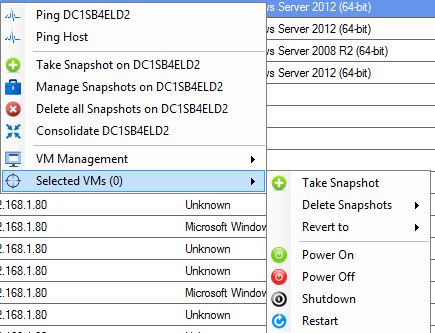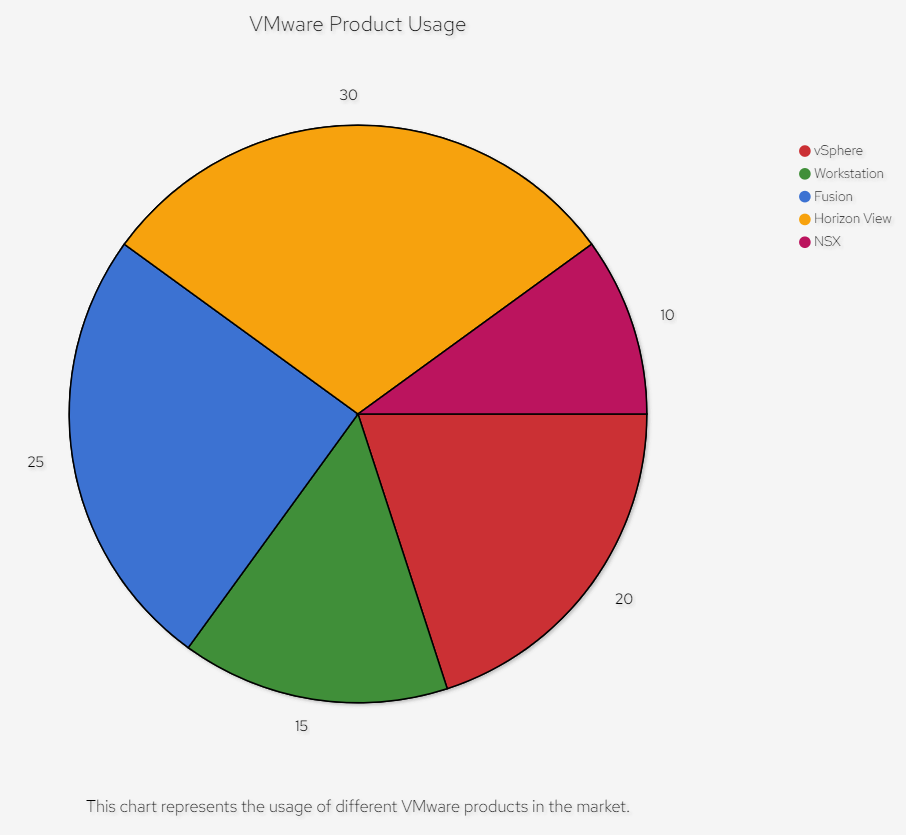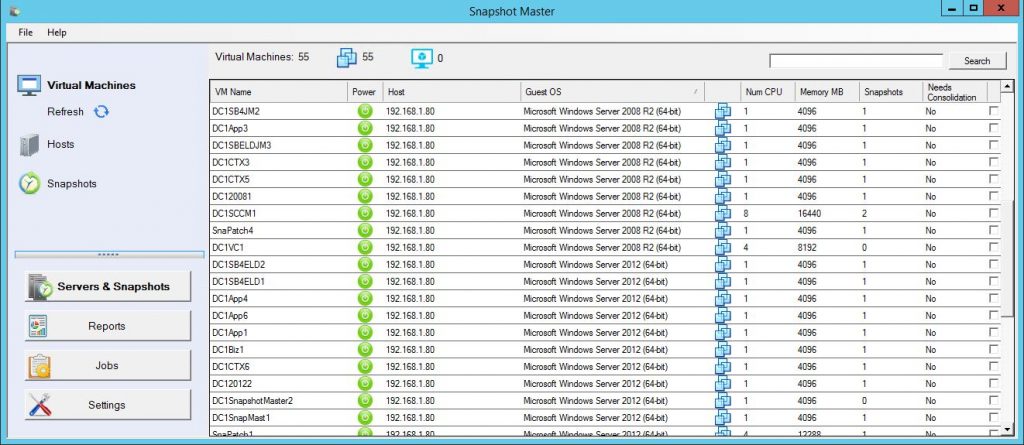Introduction
VMware, Inc., a subsidiary of Dell Technologies, is a leading provider of cloud computing and virtualization software and services. Since its establishment in 1998, VMware has been at the forefront of the IT industry, revolutionizing the way businesses operate with its innovative virtualization technology. This article aims to provide an in-depth understanding of VMware, its suite of products, and its transformative impact on the business landscape.
The Concept of Virtualization
To fully comprehend VMware’s contributions, it’s crucial to first understand the concept of virtualization. Virtualization refers to the process of creating a virtual version of something, such as a server, storage device, network, or even an operating system. This process allows for the creation of multiple simulated environments or dedicated resources from a single, physical hardware system. Virtualization has become a cornerstone of modern IT strategies due to its efficiency, flexibility, and cost-effectiveness.
VMware’s Role in Virtualization
As a global leader in virtualization and cloud infrastructure, VMware enables businesses to transform the way they build, deliver, and consume Information Technology (IT) resources. This transformation is not a one-size-fits-all process but is tailored to meet specific business needs.
VMware’s approach to virtualization, which is embedded directly in the hardware, is fundamentally different from other software-based virtualization solutions. This unique approach has led to over 500,000 customers worldwide choosing VMware as their virtualization solution provider.

VMware’s Product Suite
VMware offers a wide range of products, each serving different purposes. Here are some of the key products:
- VMware vSphere: vSphere is VMware’s flagship virtualization platform. It serves as a complete platform for implementing and managing virtual machine infrastructure on a large scale.
- VMware Workstation: This product allows users to run multiple instances of x86 or x86-64-compatible operating systems on a single physical PC.
- VMware Fusion: Similar to Workstation, but for the Macintosh platform. It allows Intel-based Macs to run virtual machines with a variety of operating systems.
- VMware Horizon View: A commercial desktop-virtualization product developed by VMware for its enterprise customers.
- VMware NSX: A virtual networking and security software product family created from VMware’s vCloud Networking and Security (vCNS) and Nicira Network Virtualization Platform (NVP).
The distribution of these products in the market can be visualized in the following pie chart:

The Impact of VMware
VMware’s virtualization technology has had a profound impact on IT services. Here are some of the key areas where VMware has made a significant difference:
- Cost Efficiency: Virtualization reduces the need for physical hardware systems. Fewer hardware systems mean reduced IT costs.
- Energy Efficiency: Fewer physical servers mean lower energy costs. It’s not just about saving money; it’s also about reducing a company’s carbon footprint.
- Improved Disaster Recovery: Virtualization offers an organization three important components: a method to back up fully functional virtual machine installations, a way to quickly restore those backups, and a way to migrate a virtual machine from one physical server to another in case of server failure.
- Increased IT productivity, efficiency, agility, and responsiveness: Virtualization allows IT departments to deploy, manage, maintain and protect applications and servers more efficiently.
Conclusion
VMware has been a game-changer in the IT industry. Its innovative approach to virtualization has not only changed the way businesses operate but also paved the way for new technological advancements. As we move towards a more digital and interconnected world, the role of VMware and virtualization will only continue to grow in significance.
VMware’s Future Outlook
As we look to the future, VMware is poised to continue its leadership in the virtualization and cloud services industry. The company is investing heavily in research and development to further enhance its product offerings and meet the evolving needs of businesses. VMware is also expanding its partnerships with other tech giants to deliver more comprehensive and integrated solutions to its customers.
In the era of digital transformation, VMware is focusing on areas such as multi-cloud environments, networking, security, and the digital workspace. The company’s vision is to provide a ubiquitous software layer across application infrastructure and endpoints, independent of the underlying physical infrastructure.
VMware’s Contribution to the IT Community
Beyond its products and services, VMware has also made significant contributions to the broader IT community. The company is a major contributor to open-source projects and has launched several initiatives to promote technology education and digital literacy. VMware’s commitment to fostering innovation and advancing the state of technology is evident in its active participation in industry conferences, forums, and other knowledge-sharing platforms.
VMware Certification and Training
For IT professionals looking to specialize in virtualization and cloud services, VMware offers a range of certification programs. These certifications validate the knowledge and skills needed to effectively install, deploy, manage and support VMware’s products and solutions. VMware’s certification paths are designed to cover various levels of expertise, from entry-level to advanced, providing IT professionals with a valuable resource for career advancement.

Wrapping Up
In conclusion, VMware has played a pivotal role in shaping the IT landscape with its pioneering virtualization technology. Its comprehensive suite of products has enabled businesses to operate more efficiently, reduce costs, and improve service delivery. As the digital transformation journey continues, VMware’s innovative solutions will undoubtedly remain at the forefront, driving the future of virtualization and cloud services.
- What is VMware? VMware is a leading provider of virtualization and cloud computing software and services. It allows businesses to run multiple operating systems and applications on a single server, improving system efficiency and flexibility.
- What is virtualization? Virtualization is the process of creating a virtual version of something like a server, storage device, network, or operating system. This allows you to run multiple virtual machines on a single physical machine, sharing resources and reducing hardware costs.
- What are some of the key products offered by VMware? Key products offered by VMware include VMware vSphere (a platform for managing virtual machines), VMware Workstation (allows running multiple operating systems on a single PC), VMware Fusion (similar to Workstation, but for Mac), VMware Horizon View (a desktop virtualization product), and VMware NSX (a virtual networking and security software).
- How does VMware improve business operations? VMware improves business operations by allowing businesses to run multiple applications and operating systems on a single server, reducing the need for physical hardware and thus lowering IT costs. It also improves disaster recovery processes and increases IT productivity, efficiency, agility, and responsiveness.
- What is VMware vSphere? VMware vSphere is VMware’s flagship product. It’s a complete platform for implementing and managing a virtual machine infrastructure on a large scale. vSphere allows for increased capacity utilization, minimized downtime, and automated operations.
- What is the difference between VMware Workstation and VMware Fusion? Both are products that allow you to run multiple operating systems on a single machine. The difference is that Workstation is designed for use on a PC, while Fusion is designed for use on a Mac.
- What is VMware NSX? VMware NSX is a virtual networking and security software. It delivers a completely new operational model for networking that forms the foundation of the Software-Defined Data Center (SDDC).
- What is VMware Horizon View? VMware Horizon View, also known as Horizon VDI, is a desktop virtualization product that allows IT administrators to host and manage virtual desktops centrally. It provides remote desktop capabilities to users using VMware’s virtualization technology.
- What are the benefits of getting a VMware certification? A VMware certification validates your knowledge and skills in managing and operating VMware’s products and solutions. It can enhance your credibility as an IT professional, increase your job opportunities, and potentially lead to a higher salary.
- What is the future outlook for VMware? VMware continues to be a leader in the field of virtualization and cloud services. The company is investing heavily in research and development to further enhance its product offerings and meet the evolving needs of businesses. The future outlook for VMware looks promising with a focus on areas such as multi-cloud environments, networking, security, and the digital workspace.

